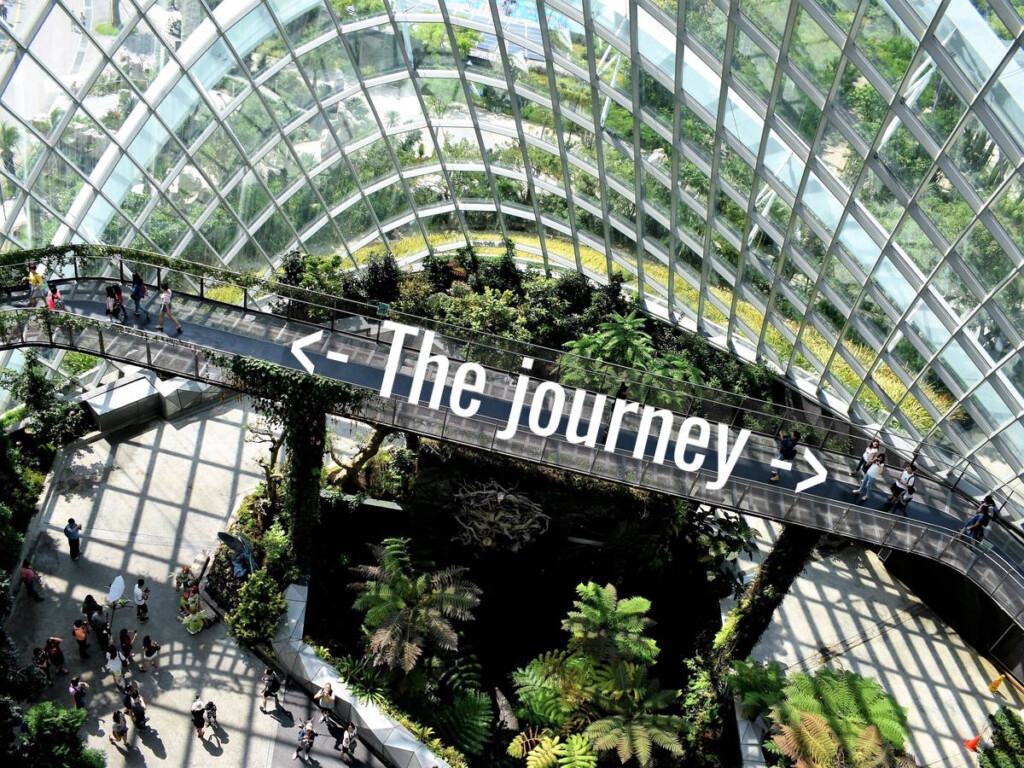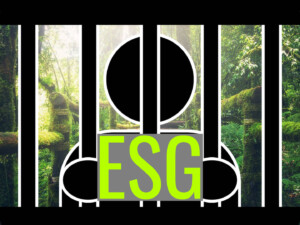Why sustainability certification is a process or journey, not a destination

Organisations can reap benefits while pursuing sustainability certification, which can extend far beyond the acquisition of the certificate itself, according to Kevin Phun.
It’s a “Good Tourism” Insight. (You too can write a “GT” Insight.)
We have often heard that: “Success is a journey, not a destination”.
The second part of the quote is: “The doing is often more important than the outcome.”
BrainyQuote attributes these words to American tennis player Arthur Ashe.
The journey is the main thing. Enjoy the journey and seize the many opportunities it brings. ‘Success’ may very well come along for the ride.
Some might say that the same principle applies to life in general, and to travel.
I would say that it also applies to sustainability certification; the journey through the process of becoming more sustainable rather than an end in itself.
Don’t miss other “Good Tourism” content tagged with ‘Sustainable tourism and regenerative tourism’
Certification is a process through which we discover how far away the current standards of the organisation are to prescribed standards; prescribed standards that are likely to evolve as new technologies and different ways of doing things emerge.
Certification and its renewal is a process of bridging this dynamic gap.
The sustainability certification process creates change
The sustainability certification process creates change: Change in the perspectives and mindsets of all involved; change in the way things are done and in the way processes are designed; and change in how people, including leaders, perceive sustainability to be an opportunity rather than a threat.
In order to maximise the opportunities that an organisation identifies during the certification process, the individual and/or committee selected to assist it through the process is important. Who gets to lead the process, or sit on the committee, heavily determines the quality of the journey.
They must be effective change managers.
Don’t miss other “Good Tourism” content tagged with ‘Certification, standards, and best practices’
Meeting the standards of certification forces organisations to look at existing partner or supplier relationships and consider forging new ones; assess new ways to engage guests or customers; and raise the standards of products and employee performance.
Forging strong relationships with new suppliers, or even stronger relationships with existing suppliers, and engaging with customers during the certification process — particularly if there will be a change in the perceived value equation of costs versus benefits — are key steps towards helping external stakeholders better understand the new direction of the organisation.
Engaging suppliers, customers, and employees as the organisation thinks about ways to meet the many sustainability criteria allows all stakeholder groups to understand the (hopefully higher) value of the end products.
The sustainability certification process tests relationships
Needless to say, internal and external communications are vital.
For many organisations, the financial investment in meeting sustainability certification standards is often less than the hours put into the process. This places great responsibility on employees as they implement what is required to become more sustainable, acquire new skill sets, and perhaps even grapple with new ways of thinking.
Employees may therefore expect better working conditions and/or remuneration.
Building new relationships with suppliers is something that many do not readily associate with sustainability certification. The process of meeting sustainability certification criteria forces an organisation to look into how sustainable their supply chain is lest they outsource poor practices.
Read more “Good Tourism” Insights by Kevin Phun
If an organisation wishes to continue working with long-standing suppliers, then they must encourage them to also align with the standards. This may create tension. However, should suppliers view the new expectations as an opportunity rather than a threat, they may be able to attract new sustainability-conscious clients.
Similarly, educating customers about the purpose of sustainability is another aspect of the certification process that may test long-standing relationships, particularly if there is a change in price or product that negatively affects perceived value. However, consumers increasingly buy into sustainability stories so there is an opportunity to pick up new customers in an increasingly sustainability-conscious world.
The sustainability certification process makes things better
The sustainability certification process, if approached with an eye for opportunity, can make things better for an organisation across a wide range of aspects:
- Raised operational standards and quality of work; from production to customer service to ethical standards;
- Improved image and reputation and the opportunity to be positioned among the industry leaders;
- Reduced costs, where sustainable practices save money, can offset sustainable practices that are more expensive but necessary;
- Renewal and regeneration, particularly in an organisation that was previously stuck in a comfort zone; the successful journey towards sustainability certification forces organisations to engage new people, learn new things, explore new products, and even look to new markets.
To conclude, the process or journey towards sustainability certification is just as if not more important than the certification itself. It comes with changes, challenges, learnings, new and strengthened friendships, and opportunities.
Best of all, the journey doesn’t end with the certificate …
Agree? Disagree? What do you think? Share a short anecdote or comment below. Or write a “GT” Insight of your own. The “Good Tourism” Blog welcomes diversity of opinion about travel & tourism because travel & tourism is everyone’s business.
Featured image (top of post): Is sustainability certification a journey rather than a destination? Singapore garden image by Paula Prekopova (CCO) via Unsplash.
About the author

Kevin Phun is a specialist in responsible tourism who combines tourism and sustainable development knowledge and expertise. He is the founder of the Centre for Responsible Tourism Singapore (CRTS) and can be reached at kevin[at]crts.asia.





